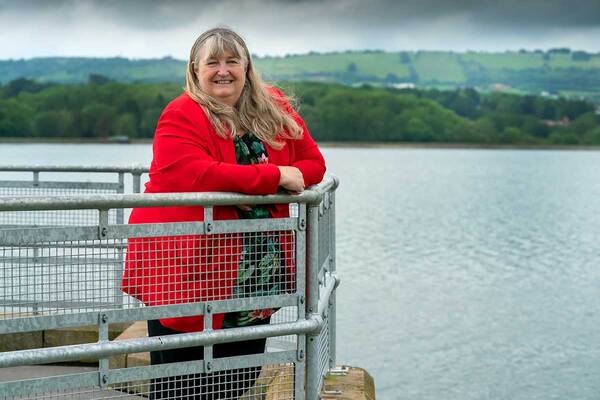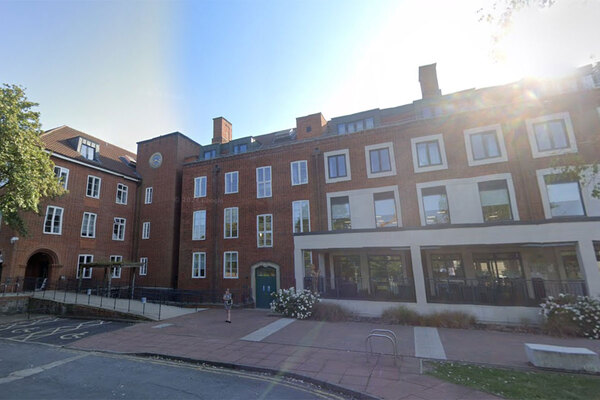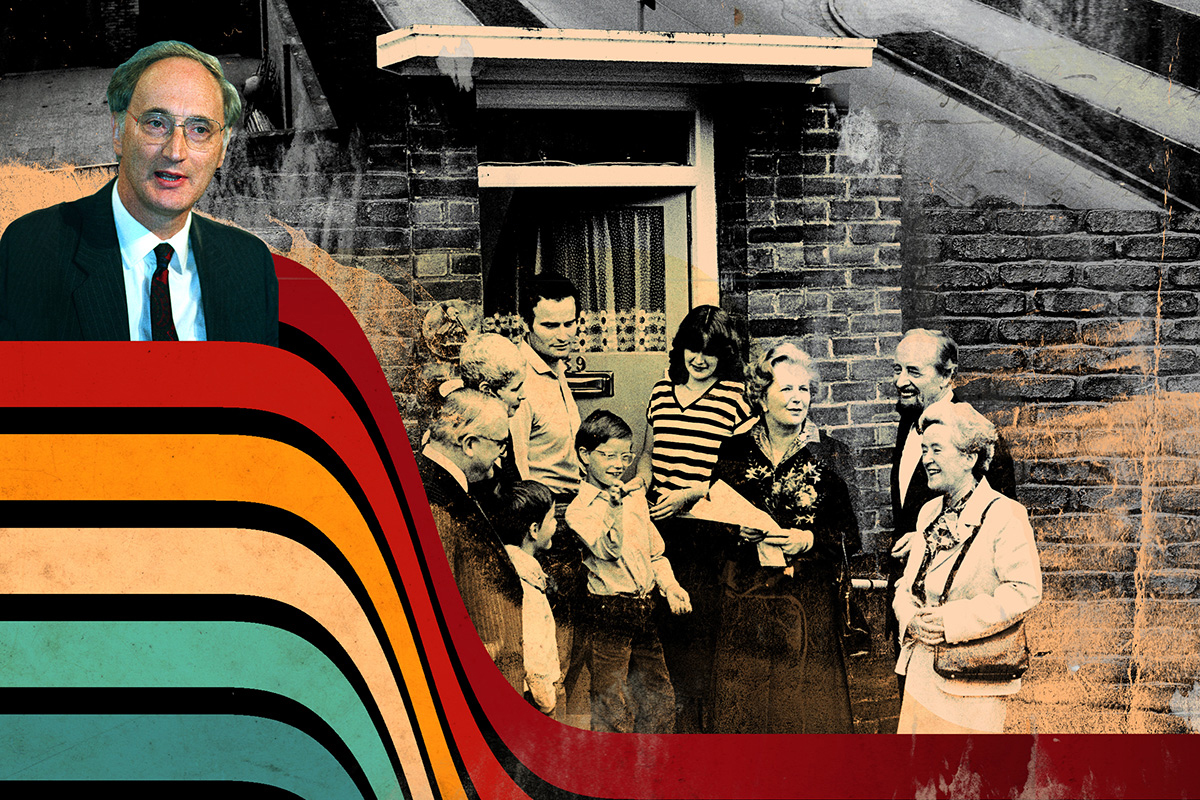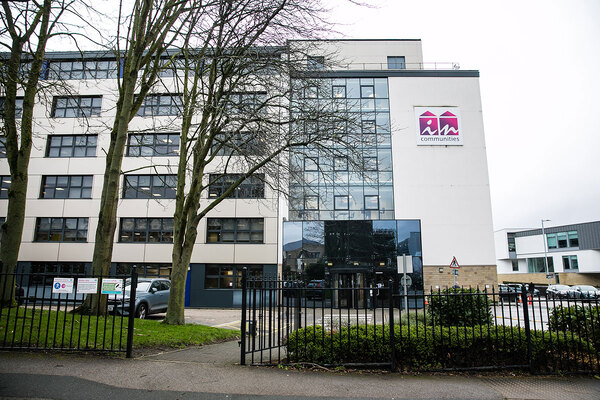You are viewing 1 of your 1 free articles
Welsh government to buy up flats hit by cladding scandal
The Welsh government is to launch a scheme which will see it buy some flats that are embroiled in the cladding crisis from leaseholders.
Welsh minister for climate change Julie James revealed yesterday that the government is to launch a scheme in the new year which will target leaseholders who have found themselves in “significant” financial hardship. The aim of the programme is to stop leaseholders’ long-term futures being “blighted by bankruptcy”.
The scheme will target buildings with identified defects where the leaseholders cannot sell their properties on the open market. Full details of the strategy are yet to be published, however it is expected to target individuals most affected by the cladding scandal.
Speaking in Welsh Parliament on Tuesday, Ms James said: “We recognise that while we are making good progress, there are some for whom the financial pressure of living in these buildings is becoming unbearable. I do not want to see people’s long-term futures blighted by bankruptcy, eviction and potential homelessness.
“That is why I’m committing to a new leasehold support scheme to help a small number of leaseholders who find themselves in very significant financial hardship. Full details of the scheme will be provided in the new year, but I hope to be able to provide the option, in a limited number of cases, for leaseholders to sell up.
“The scheme will target provision where it is most needed in buildings with identified defects where individual leaseholders cannot sell their properties on the open market and find themselves in significant financial hardship due to escalating costs.”
The financial support for crisis-hit leaseholders is the latest in a number of measures announced by the Welsh government.
In July it announced it would fund fire safety surveys on buildings taller than 11 metres, with the funding allocated via the Welsh Building Safety Fund.
In October last year, the Welsh government said it was actively exploring options to fund cladding removal and other building safety work to protect leaseholders from remediation costs.
Ms James noted that many leaseholders have tried and failed to sell their homes or are now living in unsuitable homes because their family situation has changed.
She said: “What we want to do is we want to see, in honesty, how many people have attempted to sell their house on the open market and have failed to do so because it puts them into negative equity or because the terms on which they’re able to do so are too punitive for them to be able to countenance that.
“I want to be able to see what we can do to help people who are going into mortgage arrears, for example, or have other severe financial difficulties because they’ve managed to pay their mortgage but as a result they have other financial difficulty.
“I’m prepared to look at people who are clearly in overcrowded situations as a result of having had to stay, perhaps, in a premises that was intended as a Starter Home and now they’re a larger family. There are a number of areas of hardship that we’re prepared to look at.”
She noted that the developers should also do more to resolve the crisis, which has seen leaseholders across the UK stuck in buildings that are now either considered to be worth almost nothing or substantially lower than their previous value due to the high remediation costs.
A number of leaseholders have been hit by sky-high remediation bills due to the costs of employing watching watches and remediation works.
Ms James added: “Developers and those responsible for these building defects must step up and do more to resolve the crisis.
"They created these problems and continue to leave leaseholders facing financial hardship and suffering from stress and anxiety.
“This update demonstrates this government’s ongoing commitment to building safety and the intense work that is being progressed.”
Sign up for our Wales newsletter
New to Inside Housing? Click here to register and receive our Wales round-up straight to your inbox
Already have an account? Click here to manage your newsletters














